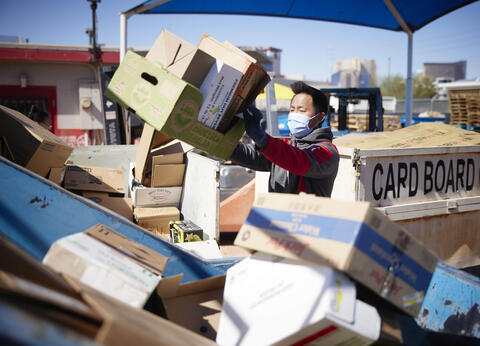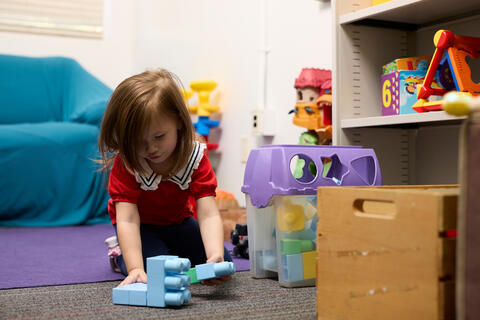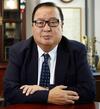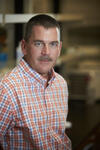Department of Environmental and Global Health News
The Department of Environmental and Global Health emphasizes the role of air, water, the home environment, and the workplace as critical determinants of health. Our accredited programs provide mentorship, community involvement opportunities, and research projects for students to grow as experts and leaders in their fields.
Current Environmental and Global Health News

A look at some of the most eye-grabbing headlines featuring UNLV faculty, staff, and students.

In longstanding tradition, UNLV president recognizes seven students whose academic and community achievements embody the Rebel spirit of the graduating class.

What began as a grassroots student campaign has grown over the past three decades into a nationally recognized sustainability effort.

Some of the biggest news headlines featuring UNLV faculty and students.

National Lead Poisoning Prevention Week, a nationwide effort to protect children from the dangers of lead exposure, runs from Oct. 19-25.

A selection of top news headlines featuring UNLV faculty and students.
Environmental and Global Health In The News

Based at UNLV’s School of Public Health, the program was first launched about two decades ago through the Southern Nevada Health District. It was the first time Nevada had a dedicated effort to track children’s blood lead levels and understand where and how exposure was happening in Clark County. For five or six years, the program quietly did its work, collecting data and raising alarms where needed — until federal funding dried up and Nevada’s effort, like many others around the country, was shuttered.Then Flint happened.

Based at UNLV’s School of Public Health, the program was first launched about two decades ago through the Southern Nevada Health District. It was the first time Nevada had a dedicated effort to track children’s blood lead levels and understand where and how exposure was happening in Clark County. For five or six years, the program quietly did its work, collecting data and raising alarms where needed — until federal funding dried up and Nevada’s effort, like many others around the country, was shuttered.Then Flint happened.

Alarmed about the continued spread of the chikungunya virus, US health officials have issued more travel advisories, warning Americans to take caution when traveling.
Even when ants aren’t dangerous, they’re a problem when it comes to hygiene and quality of life.
Autumn is one of the most beautiful times of year, but it’s also when sickness can spread like wildfire. If it seems like more people around you are sneezing and sniffling, it’s not your imagination. Fall and winter are the most common times of year for the common cold.

Mosquito complaints are buzzing louder across Clark County. They aren’t just a nuisance; they can carry and spread viruses. County leaders are considering a mosquito abatement district to help control the growing threat before it gets worse.
Environmental and Global Health Experts

